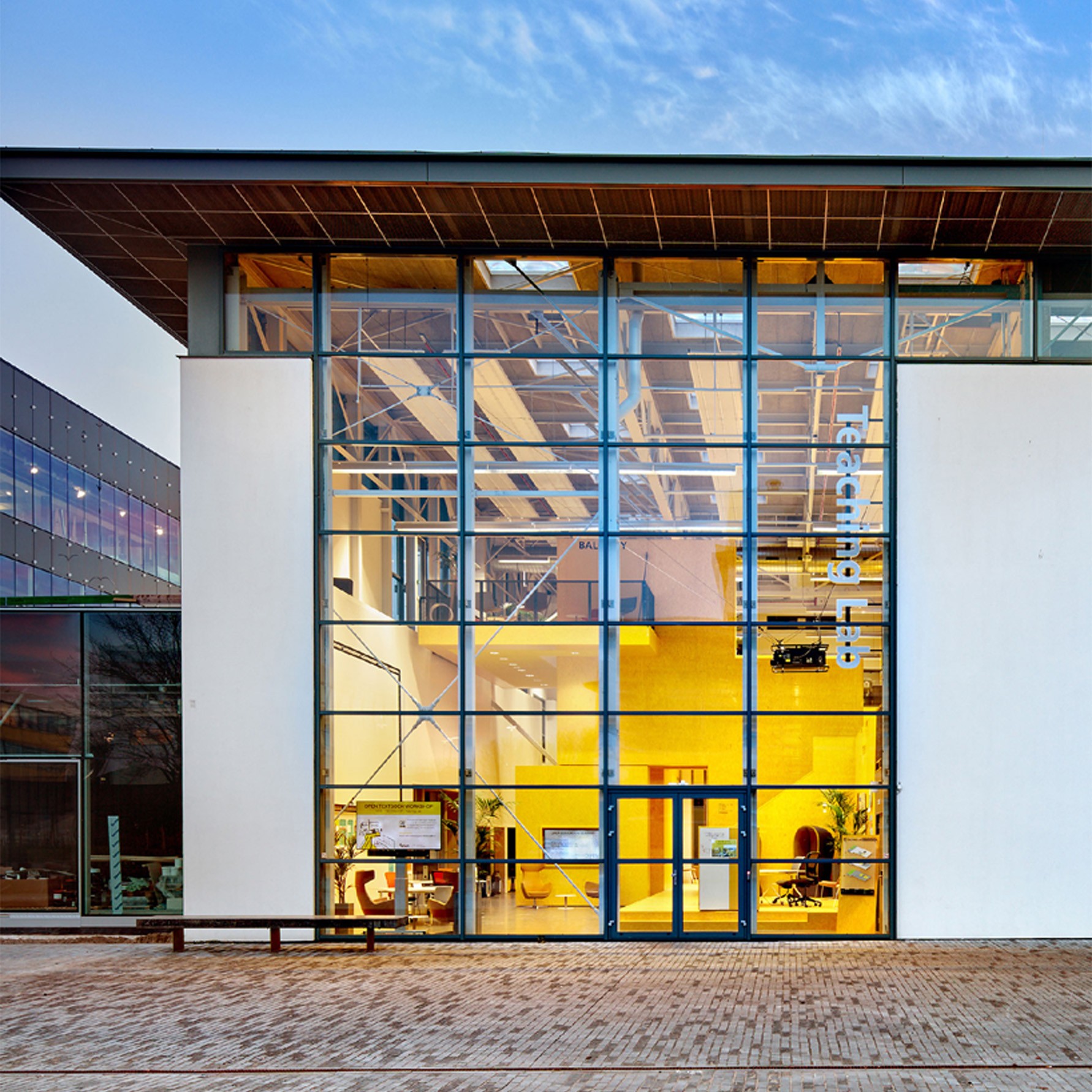Cooking Lab: Recipes for Sustainability in Education
Sustainable Development in Education Network & Green TU
Sustainability isn’t a side dish—it should be a main course in engineering education. Join us in this interactive session, where TU Delft educators will share their recipes for embedding sustainability into teaching: practical initiatives broken down into key ingredients like tools, methods, and values. The goal? To inspire others to adapt and remix these ideas in their own educational kitchens.
Why Attend?
• Get Inspired by practical, replicable initiatives from your peers
• Engage Creatively with adaptable teaching formats
• Co-Design ideas you can implement in your own courses
• Connect with a network of educators pushing boundaries in sustainability
Join us Monday, the 17 of June from 15:00 to 17:00h at the Teaching Lab!
There will be limited spots available, so don't miss this opportunity.
This event was made possible with the help of Monika Roeling and Green TU.
What to expect in this session?
This session will feature short pitches and interactive discussions, providing a platform to share insights, best practices, and challenges in developing future-ready engineers. We aim to communicate these initiatives as recipes, so whether it’s a full-course transformation or a subtle infusion of flavor, these educational recipes are designed to be adaptable, allowing fellow educators to reimagine and adapt them in their own learning environments.
Structure of the session:
Part 1: Speakers will present their initiatives/recipes in a short "pitch" format.
Part 2: The participants and speakers will be divided in groups so that they collaboratively explore how the "ingredients" of these recipes could be adapted to their unique educational contexts. The format of this part is left to the speaker, whether that is a conversation or a workshop.
What's on the menu?
1. Circular Design Atlas – by Olga Ioannou A dynamic online platform developed in response to student interest and educational needs. Built on a peer-to-peer model, CiDeA supports active, collaborative learning and offers educators a rich, evolving toolkit of curated case studies and circularity frameworks to inspire the next generation of sustainability-minded designers and planners.
2. Urban Transitions through Roleplay – by Remon Rooij A 10-week bachelor design course where students co-develop sustainable urban visions through team-based roleplaying. The aim? To make them think about urban sustainability transitions for a Dutch municipality focusing on urban circularity, nature-based design approaches, and/or urban climate adaptation.
3. Repair & Recycling – by Bas Flipsen A course where students deep dive into the product architecture of everyday objects and uncover how thoughtful redesign can power the circular economy. Through hands-on exploration and creative problem-solving, the student will learn to design products which fit into the circular economy. By the end of this course circular design won’t just be a concept, it’ll be second nature.
4. Ethics as Core Curriculum – by Anna Melnyk One way to integrate sustainability into education is by introducing tailor-made ethics modules into existing courses. Anna will bring an integrated ethics module woven into the MSc Earth, Climate, Ethics course that tackles climate justice and engineering responsibility. Discuss with her how ethics can be embedded (not added on) into engineering education through a modular approach, and what such integration could look like in other courses.
5. Climate Fresk: A Shortcut to Climate Literacy – by Irene Fernandez A powerful 3-hour workshop on climate science and solutions, proven across Europe and now being piloted as a mandatory element for all TU Delft programmes by 2027. Fast, effective, and transformative, the Climate Fresk is meant to make upcoming generations of engineering students to discover the science behind climate change, its consequences, and the urgency of climate action.
Reserve your seat at the table is waiting. Bon apétit!

Location and contact
TU Delft Teaching Lab - The physical home of the Teaching Academy
Enter the Teaching Lab via via PULSE Building 32A.
Questions?
About the event: Teachingacademy@tudelft.nl
About the location: Teachinglab@tudelft.nl
Cooking Lab: Recipes for Sustainability in Education
 Registration website for Cooking Lab: Recipes for Sustainability in Education
Registration website for Cooking Lab: Recipes for Sustainability in EducationCooking Lab: Recipes for Sustainability in Educationteachingacademy@tudelft.nl
Cooking Lab: Recipes for Sustainability in Educationteachingacademy@tudelft.nlhttps://www.aanmelder.nl/165056
2025-06-17
2025-06-17
OfflineEventAttendanceMode
EventScheduled
Cooking Lab: Recipes for Sustainability in EducationCooking Lab: Recipes for Sustainability in Education0.00EUROnlineOnly2019-01-01T00:00:00Z
To be announcedTo be announced